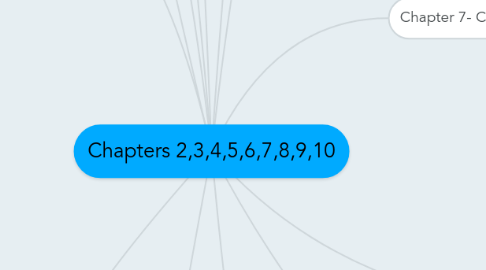
1. theory in sociology claims that members of the working class cannot easily afford education and hampers with their social life and mobility.
2. Chapter 3 reform movement -- I would have to choose the Women's rights movement. It had such a positive impact on education for women. If it wasn't for that movement, I would not be able to follow my dreams of being an educator
3. chapter 3 US interpretation--I would have to say grades. Grades and the GPA system can be very difficult to understand. No two school systems are the same. Say that 2 kids enter college and both have a 4.0 GPA. but one child attended an average school, and the other attended a challenging school, that had honors program, even though they both had a 4.0, they were earned in very different ways.
4. chapter 4: definitions
4.1. functionalism: belief in or stress on the practical application of a thing, in particular.
4.2. Conflict Theory: is a theory propounded by Karl Marx that claims society is in a state of perpetual conflict due to competition for limited resources
4.3. interactionism: the theory that there are two entities, mind and body, each of which can have an effect on the other.
5. Chapter 4 effective teachers
5.1. Hold high standards for yourself as well as your students
5.2. practice being respectful, caring, and fair
5.3. Maximize time that you have in your classroom with your students
5.4. Have formal teaching training
5.5. Enhance instructions for assignments
6. Chapter 8-Equality of Opportunity
6.1. Equal opportunity for all students is more important than we could ever imagine. How an individual feels and thinks about themselves starts in the classroom. How other students treat each other and hoe you as the teacher treat them play a big role in their education and lives down the road. Teachers have to be aware at all times of how race and class are projected in their own classroom.
6.1.1. Class--- Class itself plays a huge part in a childs education, for example as stated n the textbook, depending on how long the child wants to continue his or her education, there will come a time when the student will need financial support from their parents. Obviously this plays a role in the childs education because it favors the upper class people. The upper class people can afford education at the highest level where low class people struggle to allow the child to excel in their education
6.1.2. Race-- You can just say the word race and can tell there is so much judgement in that word. I personally hate it. Race plays a part in education where it should not. Unfortunately there are people that are racist and unfortunately some of those people are teachers.
6.1.3. Gender-- There are so many statistics about gender affecting education. In the past women were not offered education because of gender, Now, women are a lot less likely to drop out of school, and to gain a better education.
6.2. The two responses of "The Coleman Study" were-- On one hand other sociologists examined and reexamined the data collected from the study, and on another hand, a group on minority scholars led by Ron Edmonds of Harvard University set out the task of defining those characteristics of schools that made them effective.
7. Chapter 10
7.1. School-business partnerships--even though these school partnerships are an amazing idea and mean so well for our schools and graduates, the results haven't been that wonderful. The idea is that if graduates get the idea that these businesses will give them a job, they might dedicate themselves more and make better grade. Like I stated this is a wonderful idea, but statistics haven't been good.
7.2. Teacher quality-- The NCLB's require the teacher to be highly qualified in the subject that they are teaching, that is hard to find that every teacher in your school is highly qualified in every subject that he or she teach. At the secondary level only abut 1/5th teachers actually teach the subjects that they are highly qualified in. It's hard for teachers to get tenure if they are constantly moving from subject to subject or from school to school. Recently the school improvement reformers have stressed the existence of teacher tenure to help improve teacher quality.
7.3. Community and Social reforms:-- successful school reform are based on these things 1. leadership, 2.parent-community ties, 3.professional capacity, 4. student-centered learning, 5. instructional guidance. All of these things make up community and social reforms.
8. School Financing -- has a lot to do with school inequality, more than we realize. Funding can differ from county to county, and from school to school. With low school funding comes low classroom funding, which means the students suffer.
9. Humanists- I identify with this one the most, even though I understand that teaching the students is the goal, I really care about the children. I not only care about how they do and excel in my class, but how they do in the future, in other classes, I care about their home lives, and what they go home to after school. These kinds of teachers have been proven to be the most effective teachers. Making a difference is my ultimate goal.
10. Chapter 5
10.1. Pragmatism
10.1.1. The role of the teacher is not to be the boss
11. Chapter 6-Schools as Organizations
11.1. Lawrence County- state senator- Larry Stutts
11.2. Alabama State Superintendent-Michael Sentance
11.3. representative on state school board-Ken Johnson
11.4. Lawrence county Superintendent- John Brett Smith
11.5. Lawrence County- Mike Kelley
11.6. Lawrence County School Board
11.6.1. Mrs. Christine Garner
11.6.2. Mr. Gary Bradford
11.6.3. Mrs. Beth Vinson
11.6.4. Mrs. Reta Waldrep
11.6.5. Mr. Shannon Terry
